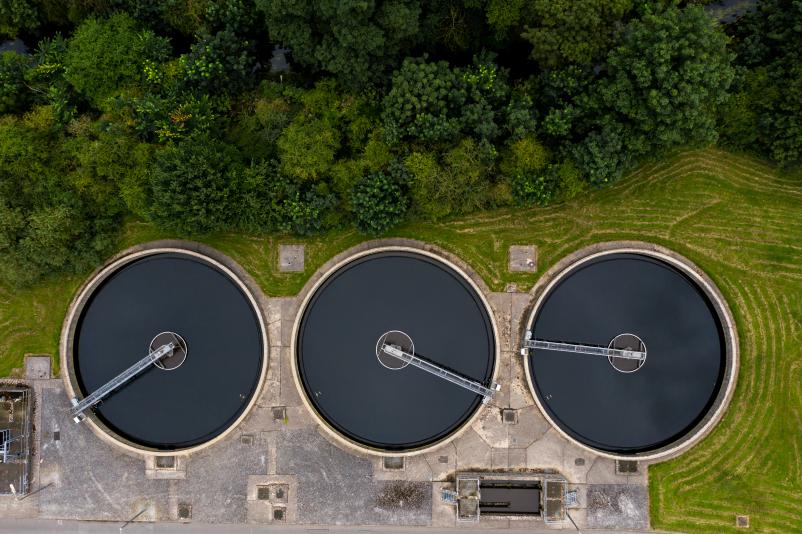Breadcrumb
Caution: hot water
Writing for Utility Week, our CEO Jon Phillips advises cool heads are now required as Ofwat analyses investment plans submitted by water companies

The challenges faced by the UK’s water and wastewater sector are well known. The age and design of our current infrastructure heavily constrains modernisation. Re-engineering the network to eliminate all storm overflows, for instance, would cost customers billions and take decades. At the same time, the network is facing greater pressure from the effects of climate change and our ever-growing population.
Despite these complex challenges, the sector has had significant achievements. The annual expenditure by water companies has almost doubled in the 34 years since privatisation, now running at £10 billion a year. The quality of our drinking water is among the best in the world, beaches are far cleaner, sewer flooding has reduced, and leaks have come down significantly and are now lower than much of Europe.
But there is broad agreement that the sector is not where it needs to be. There is also an alignment of views across operators, investors, regulators and consumers that we must build better and stronger water and wastewater systems for the UK.
In recent years, our regulatory system has systematically restricted investment. In approving previous five-year spending proposals, Ofwat has consistently set lower expenditure limits than companies have sought, to deliver a real term reduction in bills over the past decade. This has led to vital projects being deferred. Ofwat has then used the companies which spend least as the efficiency bar for the next price control period, leading to a vicious circle that has stored up mounting problems.
Which brings us to the present, with water companies having just proposed an unprecedented level of investment over the next five years – a near doubling of the amount in the current five-year period to almost £100 billion between 2025 and 2030. This step-change isn’t to catch up on under-investment, but is a response to growing demands being placed on the network and higher expectations of the public who want to see the sector’s long-term challenges fixed.
To pay for the plans that companies have put to Ofwat for approval, they will need to raise new debt and equity finance repeatedly. And with inflation expected to remain higher for longer, the financing of the water sector has reached a tipping point. Investors who will finance this major investment programme upfront need to earn a fair return for those whose pensions savings they manage. With returns in bank accounts higher than those currently available in the sector, and confidence currently low, investors will want to see a competitive return for the risk they are taking so that water companies can continue to attract capital in what is a global marketplace.
The government should set out a long-term plan with powerful outcomes-based targets for 2050, which align the objectives of regulators and the industry. And give Ofwat a new and explicit duty to promote investment, striking a new balance between short-term bills and long-term needs.
Lord Hollick, chair of the Lords Industry & Regulators Committee, last month called on Environment Secretary Therese Coffey to tackle “a lack of leadership” in the water industry. “The Government must provide firmer policy detail and greater guidance to regulators, who cannot be left to resolve these huge challenges by themselves.”
The need for that leadership has never been more pressing. There is now a one in four chance of a severe drought before 2050. The summer of 2022 was the driest since 1885, with rainfall down by two-thirds compared to the 1991-2020 average. Climate change has also increased the intensity of rainfall, causing pollution by overwhelming the sewer network whilst damaging livelihoods and property.
Water companies say their plans would come at a manageable price: an average £7 a month increase in bills in 2025, rising to £13 a month in 2030. With millions of the most vulnerable consumers receiving financial support from their suppliers.
A continuation of under-investment for tomorrow to keep down the bills of today will simply mean passing even bigger problems to our children. Yet most Britons believe in inter-generational fairness when it comes to funding infrastructure.
It’s been a hot summer for comment on the water sector, but cool heads must now prevail to deliver a water and wastewater system fit for current and future challenges.
Article written for Utility Week (note: paywalled content)